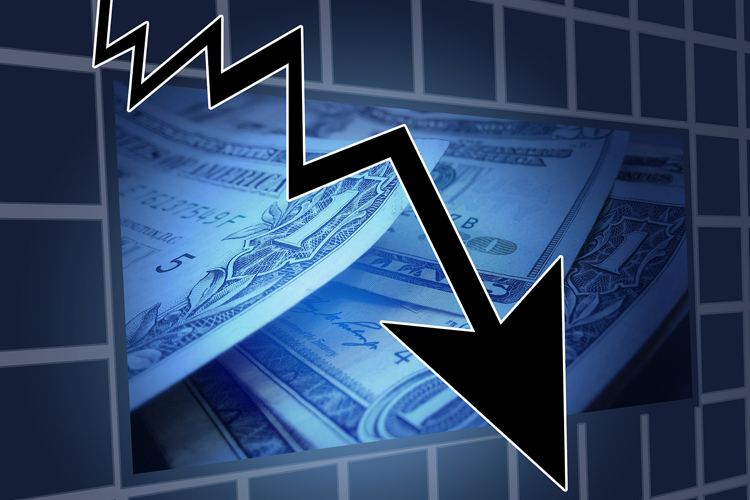With a number of financial crises taking place throughout history, it begs the question of how such a disaster can happen again. But with stocks still continuing to prove highly volatile, history could repeat itself once again. Here, we are going to look at some of the worst financial crises that have taken place throughout history.
PPI Crisis
Before we take a dive into some of the biggest financial crises in years past, it is important to address one of the more recent in the list which is the PPI scandal. This involved a number of people being wrongfully missold PPI insurance as part of a mortgage or loan. This was being sold in addition to these packages and has led to a number of people paying extra that they did not need to pay. Because of this, there are a number of PPI claim companies up and down the country helping a number of people per year to claim back their PPI in the long term. Although this has not been a significant financial crisis as such, this did affect a large majority of the population of the UK and saw banks setting aside large sums of money to cover the costs.
The Great Depression 1929-39
Another financial crisis that has made its marks on history is a great depression. The day known as “Black Thursday” in 1929 saw 12.9 million shares traded in one day, eventually leading to the stock market crash. Later that week on the 29th of October, further millions of shares were traded in – leading to the banks reaching an all-time slump. They began to cease trading and a number of factories begun making their staff redundant due to lack of funds. This begun to get worse and worse, leaving more and more people to lose jobs as a result. This had a serious effect on the economy and the state of the US at this time.
UK Recession Of 2008
Yet another financial crisis that has had a major effect on the world economy over the years is the recession in 2008. This saw a steep rise in inflation and a number of people struggling to keep their jobs as a result. In 2009, there was a 2.1% drop in the great British pound, making this one of the biggest drops for a number of years. By this point, there were 1.92 million people in the UK unemployed, which turned out to be an all-time low for many years.
Dot-Com Bubble
For many, the idea of becoming a dot-com billionaire is something that is more in reach with the investments put in place in the mobile industry. However, in the 2000s, the net-com crash led to a number of companies suffering as a result. Not only were the stocks significantly overpriced, but there were also metrics that subsequently ignored the cash flow being put into the sector at the time. This led to a number of companies losing a large amount of money and having to rebuild their empires over time.
2000s Energy Crisis
As well as this, another financial crisis that had a profound effect on the world economy was the energy crisis in the 2000s. This had a profound effect on oil prices in the United States that peaked at $147.30 in July of 2008. At this time, there were also a number of other natural disasters and by the web fog, 2008 had seen the country into recession. This had a profound effect on every aspect of the economy , seeing the price of fuel drop from $147.30 to $35 in December as a result.
With each of these financial crises having a profound effect on the global economy, it is clear to see how they have prepared us further on down the line.




